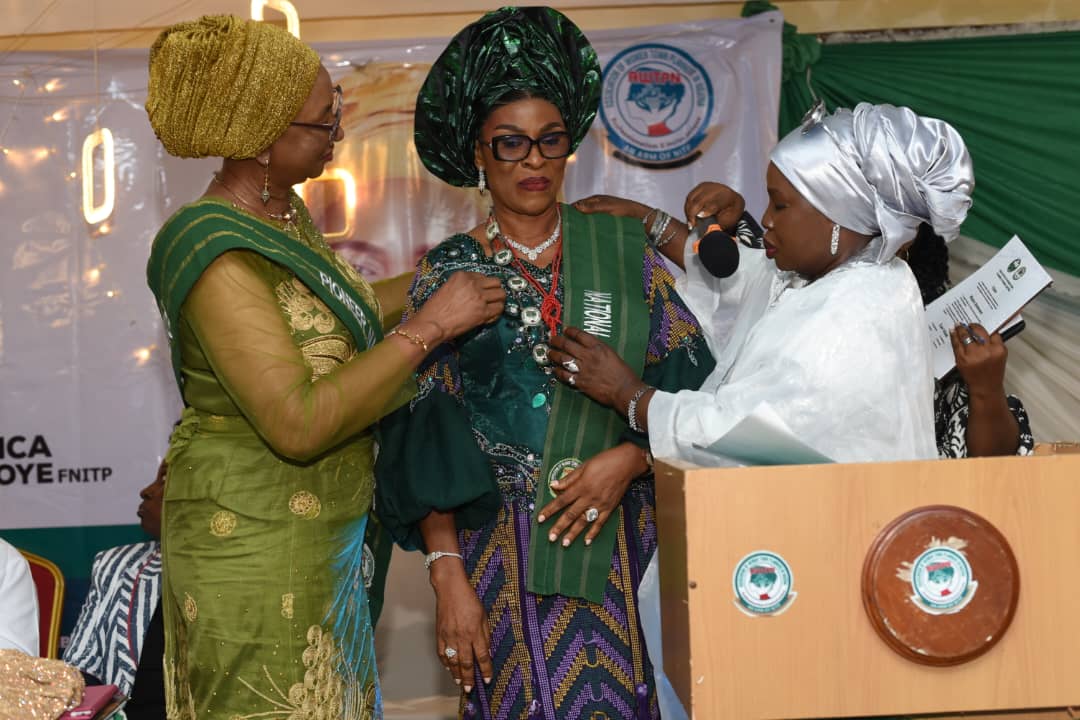The Nigerian Conservation Foundation (NCF) has emphasised the need for a sustainable approach to conserving the country’s mangroves. The Director-General of NCF, Dr Joseph Onoja, who spoke at a one-day stakeholder engagement on mangrove governance in Niger Delta, held in Port Harcourt, highlighted the importance of sustainable harvesting of mangroves.
Onoja, represented by NCF Director, Technical Programme, Adedamola Ogunsesan, said Nigeria’s mangroves are moving from third to fourth position globally due to degradation, resulting in loss of ecosystem services such as fishing, coastal protection, and medicinal value.
The event, themed “Restoring and Managing Nigeria’s Mangrove for Environmental and Social Justice,” aimed to promote sustainable management of mangroves. He said, “If people cut a tree and remove it from the root, it does not re-germinate. But if you cut it in a way that it can regrow, that means you are sustainably harvesting it.”
The NCF boss stressed that protecting mangroves is crucial not only for environmental reasons but also for the people who depend on them for their livelihoods. “We must protect them because of the ecosystem services that they provide, and their misuse can lead to food and physical insecurity.”
Onoja, however, stated that the challenge facing mangrove conservation is multifaceted, ranging from oil pollution to unsustainable harvest and climate change.
He noted that some mangrove pollution comes from failed infrastructure, while some demand for mangrove usage comes from urban areas, pointing out that environmental justice is also critical in mangrove conservation, ensuring that the benefits of mangroves are equitably distributed and accessible to vulnerable groups, including women and youth.
In his keynote address titled “Building Climate Resilience in the Niger Delta through Nature-Based Solutions,” the Project Coordinator of the Hydrocarbon Pollution Remediation Project (HYPREP), Prof. Nenibarini Zabbey, emphasised the importance of changing human behaviour and attitude towards building climate resilience in the Niger Delta.
Zabbey noted that building resilience in the region is achievable through simple yet effective measures. According to him, stopping the conversion of wetlands to other forms of development, preventing pollution, and sensitising youths against artisanal oil refining are crucial steps towards achieving climate resilience.
He also highlighted the importance of community participation in conservation and restoration efforts, emphasising that projects designed without community input are unlikely to succeed. “HYPREP’s efforts in restoring oil-degraded mangroves in Ogoni have shown promising results. The project, which began in 2023, has planted approximately 1.4 million mangrove species and is nearing completion.”






